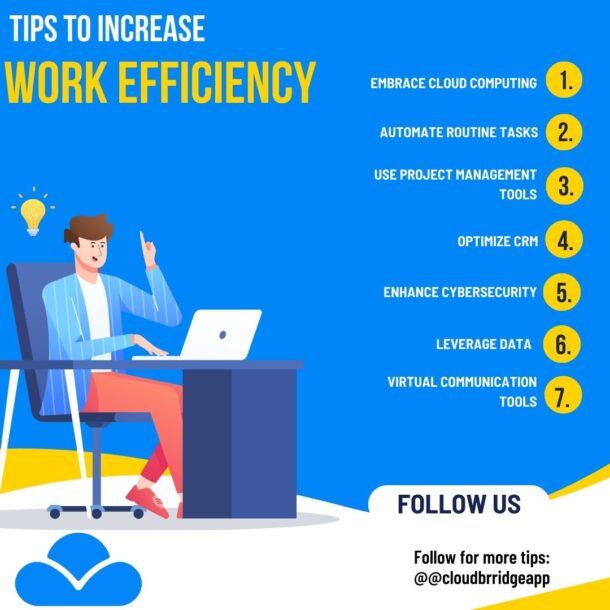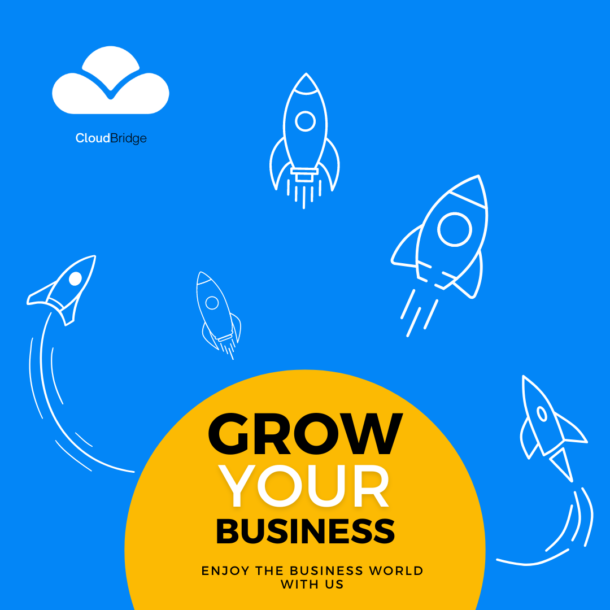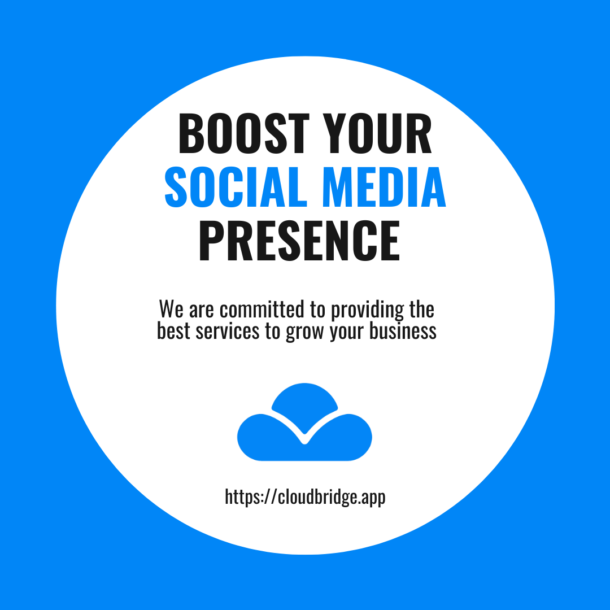Entrepreneur
· Productivity
· SaaS
· Workflow
5 Ways SaaS is Changing the Game for Startups
Ali Kizilbash
April 19, 2023As more and more businesses turn to the internet for growth and success, software-as-a-service (SaaS) has emerged as a powerful tool for startups. With its low cost and ease of use, SaaS is making it easier than ever for new companies to get up and running. In this article, we’ll take a look at how SaaS is changing the game for startups and helping them to compete in today’s market.
Cost Savings
One of the biggest benefits of SaaS is its low cost. Unlike traditional software, which requires expensive hardware and a team of IT professionals to maintain, SaaS is delivered over the internet and managed by the vendor. This means that startups can save on hardware costs, as well as the salaries of IT staff.
SaaS also allows for flexible pricing models, which can be adjusted to suit the needs of startups. Many SaaS vendors offer a subscription-based pricing model, which allows startups to pay only for the services they need, without any upfront costs or long-term contracts. This can be especially beneficial for startups that are just starting out and may not have the capital to invest in expensive software.
Scalability
Scalability is another key benefit of SaaS. As startups grow and their needs change, they can easily scale up or down their SaaS solutions to meet those needs. This means that they can add or remove features as necessary, without having to worry about hardware or software upgrades.
Scalability also allows startups to avoid the need for costly hardware upgrades as they grow. With SaaS, they can simply add more users or upgrade to a higher tier of service as needed, without having to invest in new hardware or software.
Accessibility
SaaS is also highly accessible, which is especially important for startups that may not have a physical office or may have team members working remotely. Because SaaS is delivered over the internet, it can be accessed from anywhere, as long as there is an internet connection.
This means that startups can easily collaborate with team members, customers, and partners, no matter where they are located. They can also access their data and applications from anywhere, which can be especially beneficial for startups that need to be able to work on the go.
Security
Another key benefit of SaaS is its security features. Because SaaS vendors manage the software and data on their own servers, they are responsible for ensuring that their systems are secure. This means that startups can benefit from the expertise and resources of their SaaS vendors, without having to worry about managing security on their own.
SaaS vendors also typically have robust security features, such as firewalls, data encryption, and multi-factor authentication, which can help to protect startups from cyber threats. This can be especially important for startups that may not have the resources to invest in their own security measures.
Integration
Finally, SaaS is highly integratable, which can be a major benefit for startups. Because SaaS is delivered over the internet, it can easily be integrated with other cloud-based services, such as customer relationship management (CRM) systems, accounting software, and marketing automation tools.
This means that startups can easily build a customized technology stack that meets their unique needs, without having to invest in expensive hardware or software. They can also benefit from the seamless integration between different SaaS solutions, which can help to streamline their workflows and improve efficiency.
Overall, SaaS is a powerful tool that is changing the game for startups. Its low cost, scalability, accessibility, security, and integrability are just a few of the benefits that startups can enjoy by using SaaS. SaaS has transformed the landscape of startups and has provided them with a level playing field to compete with established businesses. It has allowed startups to leverage cutting-edge technologies and access software tools that were previously only available to larger corporations. SaaS has also made it possible for startups to operate with greater flexibility and scalability, making it easier for them to pivot and adapt to changing market conditions. The power of SaaS is only set to increase in the coming years, and startups that embrace it early on are likely to be the ones that thrive in the highly competitive business world.
Related Articles





